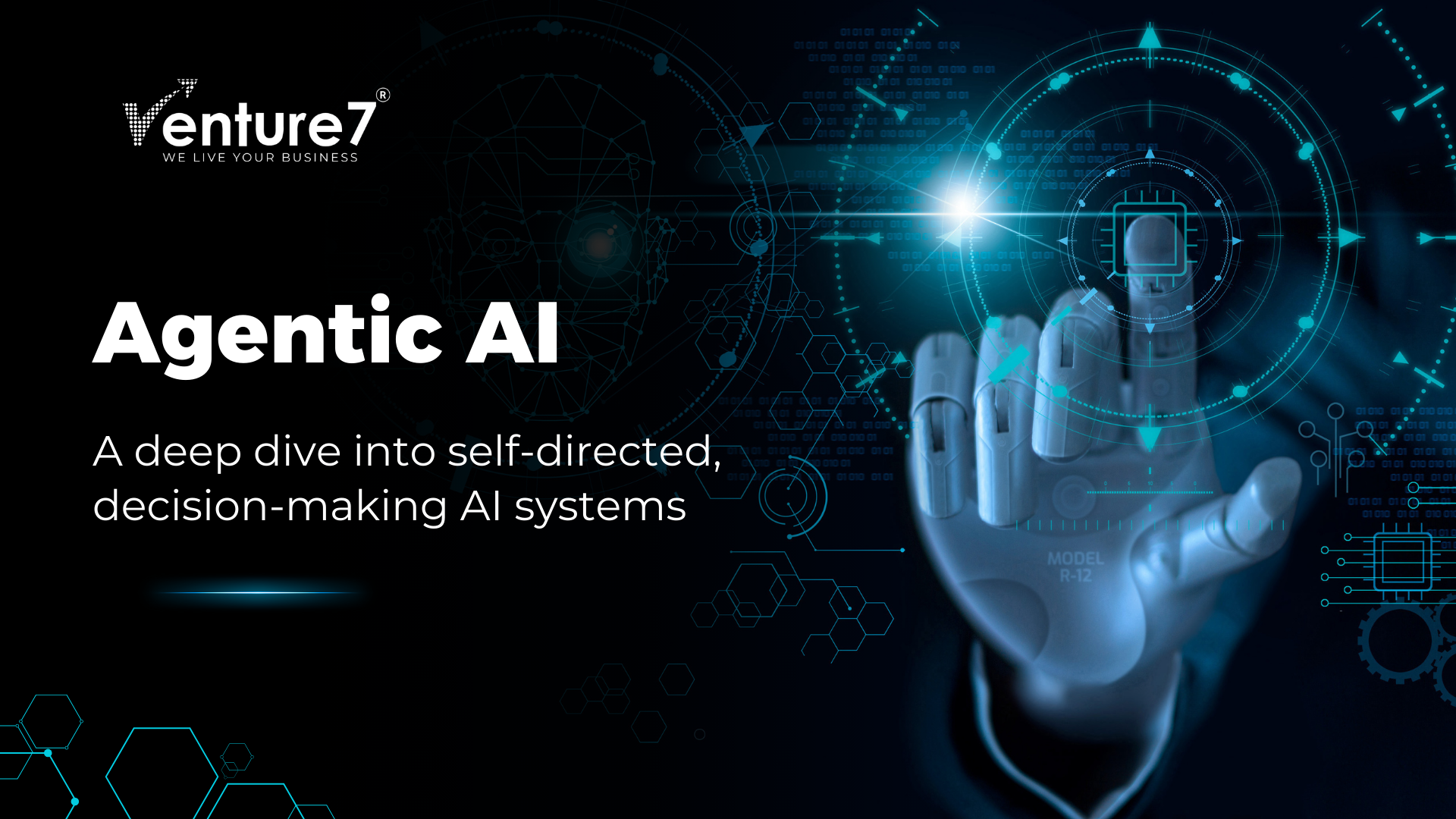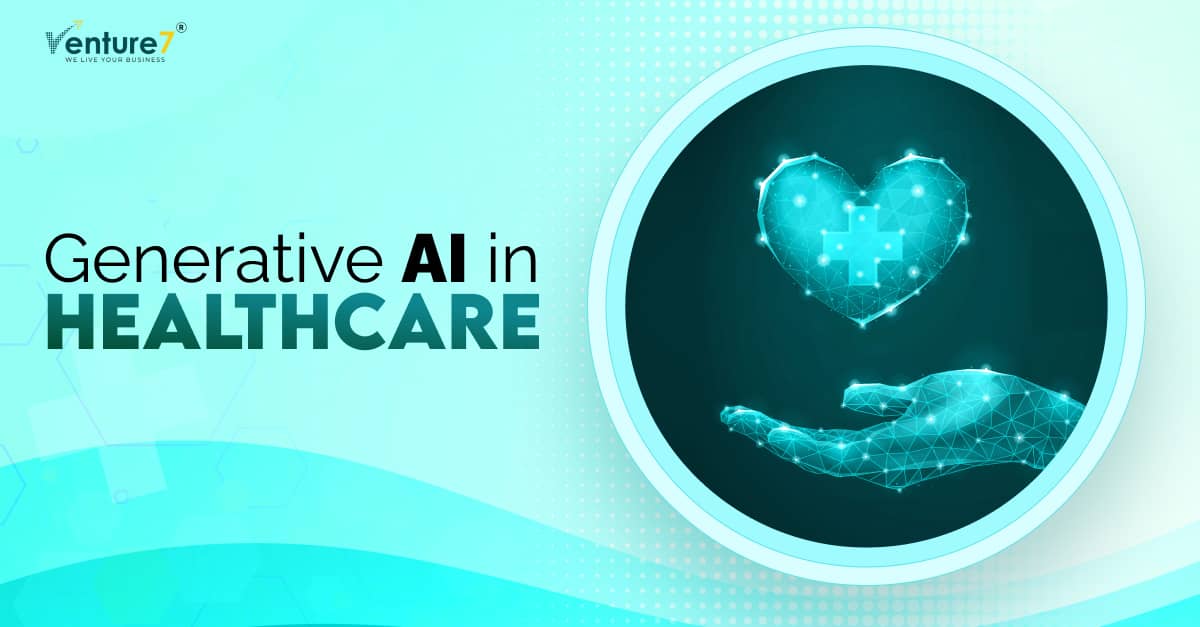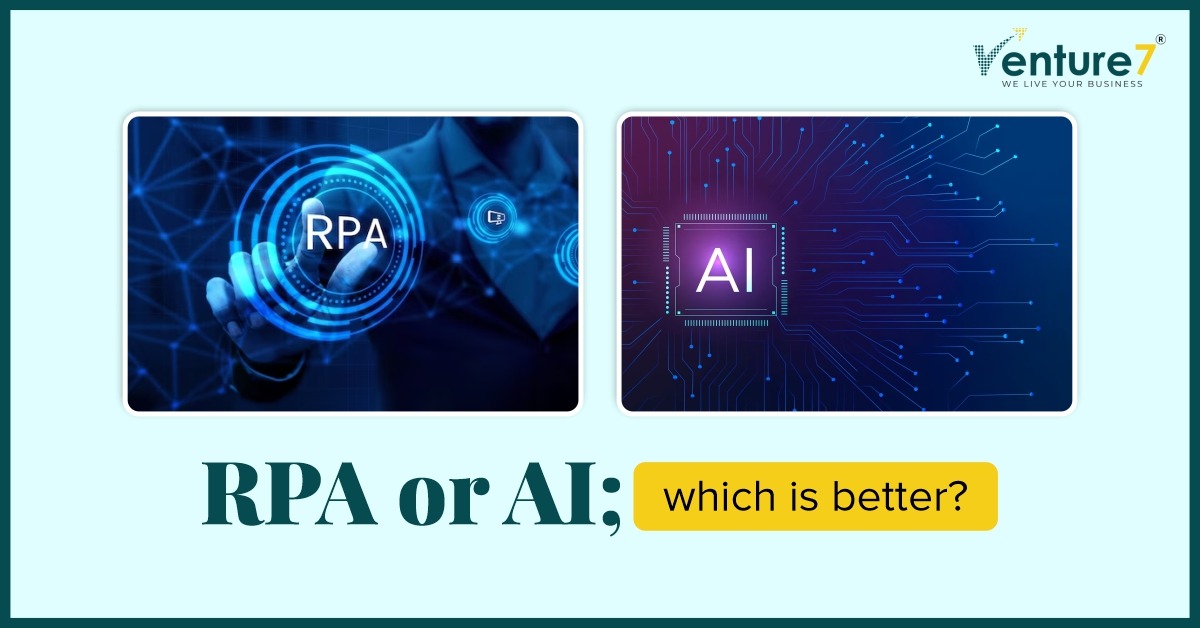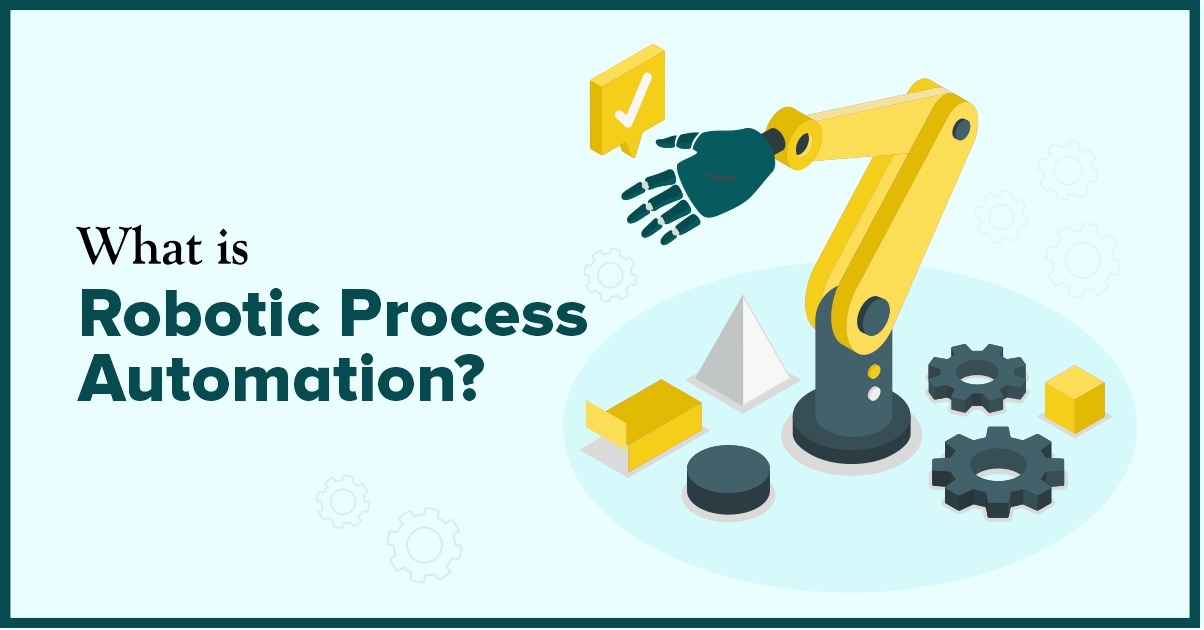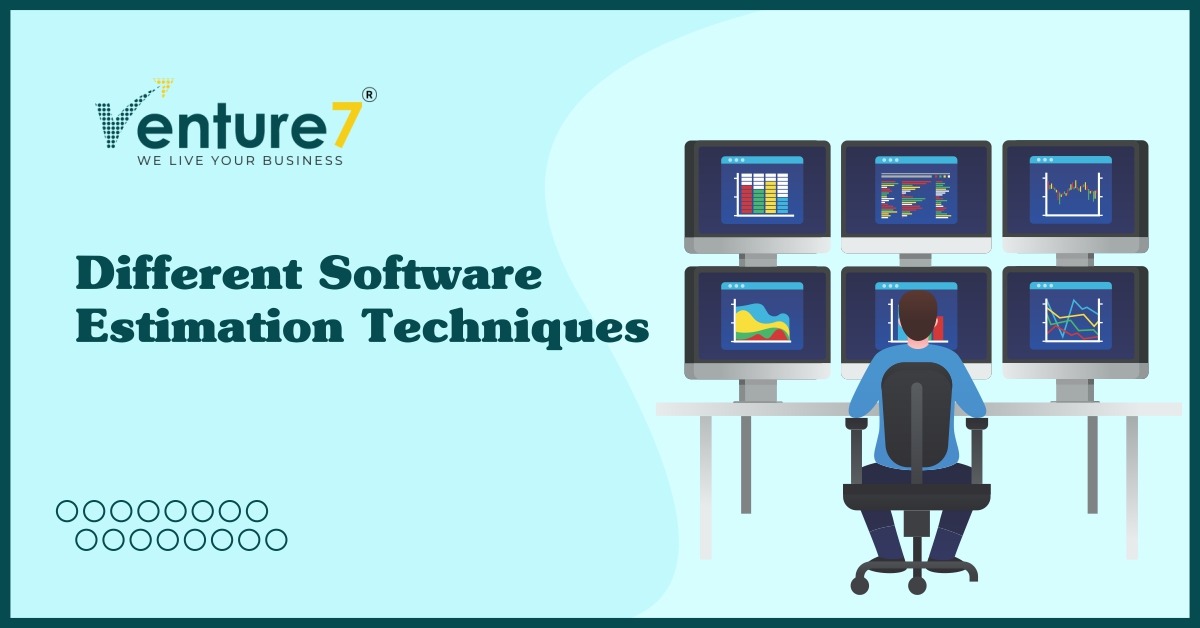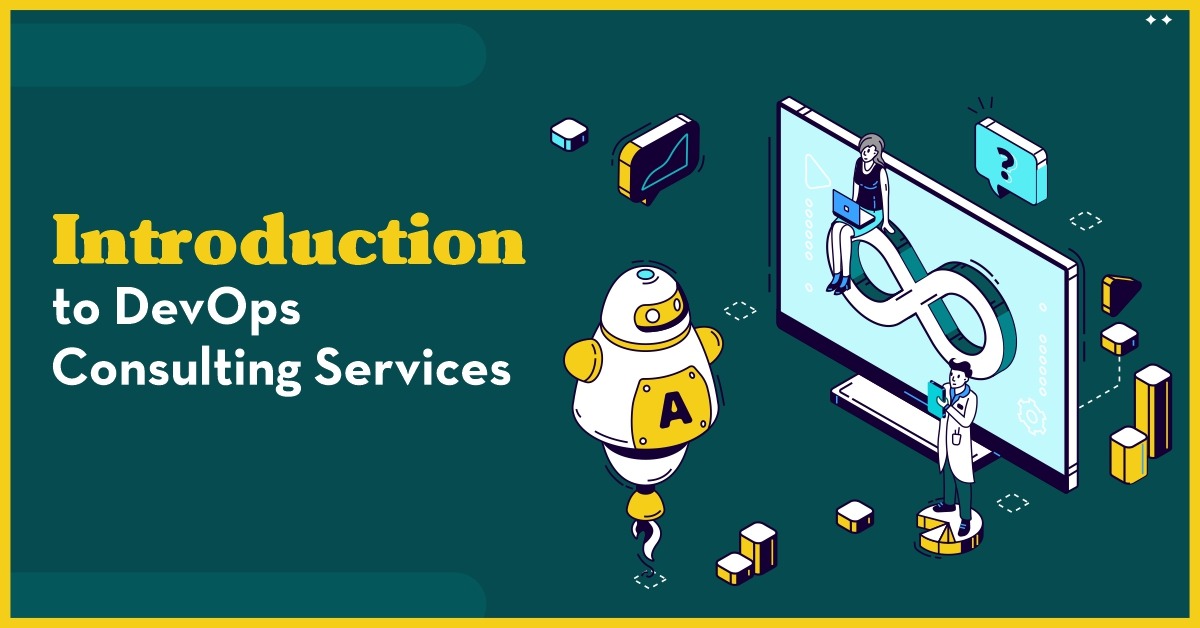10 Ways Blockchain is Reviving Healthcare
Healthcare stands as a crucial keystone of our society, always adapting to meet the ever-evolving needs of both patients and healthcare professionals. Blockchain technology’s fervor has intensified in the contemporary landscape, with promises of transformative impacts on the healthcare sector. The ongoing commitment of industry giants such as IBM, Microsoft, and Google to extensive research in blockchain for healthcare indicates the importance of this technological pursuit. As reported by PR Newswire, the global blockchain in healthcare market size is anticipated to reach $7308.32 million by 2028, with an increased CAGR of 76.30% from 2021 to 2028. Healthcare will soon consume 20% of the U.S. economy. Those statistics alone are unsettling, but consider the industry’s constant data breaches, inefficiency, and skyrocketing hospital costs. Efficiencies and innovations are being sought in response to these (costly) problems and Blockchain can transform global scrutiny of healthcare to the acme of social clearance and successful medical schemes. May it be electronic health care records production monitoring, faster data trial processes to better data security, Blockchain can handle them all. In healthcare, this may help ease the pain of the current spending bubble, protect patient data, and improve the overall patient experience. In addition to securely encrypting patient data, the technology in software product engineering is also used to manage the outbreak of harmful diseases. Blockchain is anticipated to provide efficient healthcare services through advances in health information technology. According to research, it is estimated to save the industry up to $100 – $150 billion yearly by 2025. Re-inventing Traditional Healthcare Models Blockchain has the potential to spur innovation in community-based healthcare approaches and preventive medicine. The ability of distributed ledger technology to ensure the integrity of the data exchanged between the parties ensures collaboration between growing healthcare trends that are important for improving the health of communities worldwide. Blockchain provides a seamless connection enhanced by smart contracts and approvals to access all electronic health records. Its transaction layer can provide immediate access to a variety of standardized, anonymous, non-patient identifiable information. Enhanced Security Data about patients is particularly sensitive and private, which is why healthcare institutions spend a great deal of time and money on data security. Due to the loss of data, clients and consumers lose trust in the organization as a whole, which is unable to guarantee data protection to them. One of the most important characteristics of blockchain is its degree of data security and privacy. If a system is built that allows only concerned parties to access and extract data, security in the healthcare industry will be effective and lasting. Blockchain helps this as it uses encryption. Improved Privacy Blockchain technology improves the average person’s privacy, especially if their personal “key” code is required to access records. Furthermore, because of the block structure, administrative users can only alter entries to which they have been granted access – the total records of the chain remain protected. Not only are these technologies important to business and the economy, but also to public health and global population safety in the future. More Control for Personal Records Stigmatized issues and how they affect patients seeking treatment have long been a source of concern in public health. Patients have some control over their records because blockchain records enable privacy and security, and their information cannot be shared between professionals without their permission. Patient anonymity can be considerably more successfully safeguarded, allowing them to seek healthcare assistance more quietly. Better Accessibility An effective database network for health data storage enables patients to use their passwords to access their records at a variety of medical offices and hospitals so that accurate data can be kept without the use of vulnerable documents. Both individual patients and larger groups of individuals benefit from unified data systems in terms of improved individual and social health, as patterns and illnesses can be discovered more quickly. Highly Organized Data In an industry where record-keeping is crucial, it’s no surprise that healthcare is drowning in data management. Not only is it difficult to achieve data consistency among personnel, many alone facilities, but even with the finest protocols, human error is inherent. User error in the medical industry can have disastrous repercussions for both individual patients and big societies. While blockchain technology aids in the organization of hospitals and clinics, it also benefits patients by ensuring that their documentation, such as prescriptions and invoicing, is well-managed. Cost Reduction by Eliminating Human Errors Medical specialist miscommunication adversely affects the healthcare business. It takes time to access a patient’s medical records, which depletes staff resources and causes delays in patient care. The usage of blockchain-based medical records may be able to help with these issues. The technology’s decentralized structure generates a single ecosystem of patient data that doctors, hospitals, pharmacists, and anybody else involved in therapy may simply access. In this regard, the blockchain can aid in accelerating diagnosis and individualized care regimens. Safe and Traceable Medicines Issues like tampered medicines and non-trustworthy sources preoccupy the medical supply chain as well as the relationship between the laboratory and the marketplace. The decentralization of blockchain allows for complete transparency in the shipping process, which has important implications for pharmaceutical supply chain management. The site of origin will be indicated once a drug ledger is produced (i.e., a laboratory). The ledger will then keep track of who handled it and where it went until it reaches the consumer. Furthermore, the device can track labor expenditures and waste emissions. Reduced Drug Forgery Despite numerous regulations and constraints in the system, drug counterfeiting is still a major problem in healthcare. The use of blockchain to regulate the supply of pharmaceuticals in the medical system is both revolutionary and practical. The future of blockchain in healthcare helps pharmaceutical tracking from manufacturing stages to market distribution of products prescribed for consumption can be made impermeable and safe, helping to combat current fraud. Promising Advancements in Genomics What was once a dream of the future of human health is now a scientific and financial reality. Genomic data is highly sensitive and therefore must be kept confidential. Blockchain is the perfect solution for this growing industry as it can securely store trillions of genetic data points. People are even able to buy and sell encrypted genetic information to develop a big database, allowing scientists to collect valuable data faster than ever before. Conclusion: In conclusion, blockchain technology has the potential to revolutionize healthcare by securing and streamlining data management. Imagine a world where medical records are readily accessible, clinical trials are transparent and supply chains are secure and optimized. Partner with Venture7 to unlock these possibilities and transform healthcare for a better future.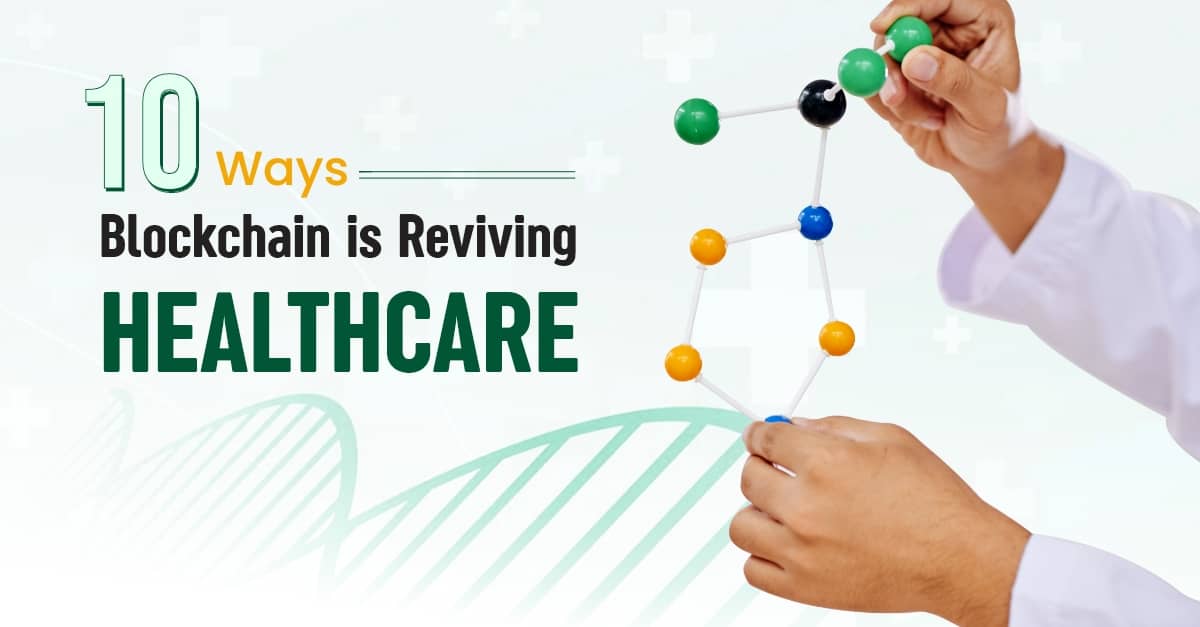
What does the future hold?
How Blockchain technology has enhanced the healthcare industry?
